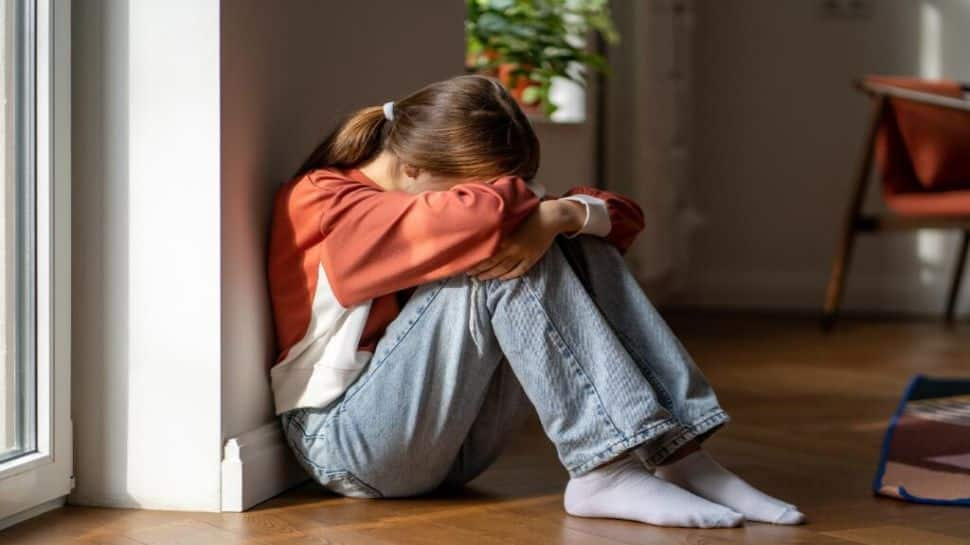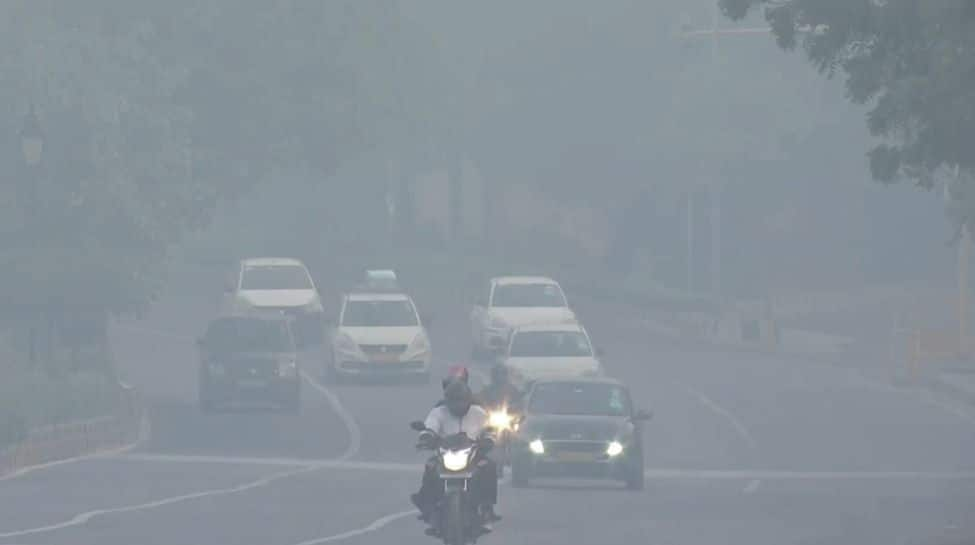New Delhi: Mental health challenges among children and young adults have been rising at an alarming rate, with disorders and related disabilities nearly doubling over the past few decades, an AIIMS expert has warned.
Dr Rajesh Sagar, a professor of psychiatry at AIIMS, highlighted the gravity of the situation on Thursday, pointing to studies that reveal a increase in mental health burden.
“There is certain evidence where it has been shown that the problems over the last 25 years have doubled in terms of disability and burden. In fact, in the study, which was published in 2020 by the Lancet Psychiatry, which we had published, the burden has doubled in that period of time from 1990 to 2017. I would say that, post-COVID, it has increased again. There has been an upsurge with regard to mental health problems,” he said.
He raised concern over the rising cases of suicide among children and the importance of early detection. “Age 1 to 14 is important because the beginnings are there, as the onset of illness happens during that time of adult problems. The problems are not being identified or treated. There is a lot of academic stress. There has been excessive mobile use. There are multiple factors that have led to these issues,” he explained.
He elaborated on the environmental and behavioral factors contributing to this surge. “More nuclear families, now both parents are working. Less time is spent with the child, a lot of academic stress and there has been excessive mobile use. The child is more into the virtual world than the real games. So there are some of the issues, like body image disturbances. Many biological changes also occur. And so there are multiple factors which have led to this part,” Dr Sagar said.
The AIIMS expert also highlighted the critical role that teachers play in spotting early signs of distress among children. “Teachers have an important role. They are neutral for any child. Parents may be emotional. They may say, ‘My child is not like this. You know, he is a good boy. She is a good girl.’ You know, he or she can never do such things, but the teacher is neutral. In a class, let’s say there are 30 or 50 students, they know that this child has this problem compared to others,” he said.
So sometimes, he said, they can identify a problem much better than other people, because they can compare, and they have also known the child for a few months, he added.
Dr Sagar emphasised that parent-teacher meetings should go beyond just academic performance discussions. “So the message is that in any school, I usually say this parent-teacher meeting is an essential thing. It is not only to tell about the academic performance of a child,” he said, urging schools to use these meetings as opportunities to address emotional and behavioral well-being as well.
With mental health disorders on the rise and early onset now being seen even in toddlers, his warnings highlight the urgent need for awareness, early intervention, and coordinated support between parents, teachers and mental health professionals to protect the next generation.





